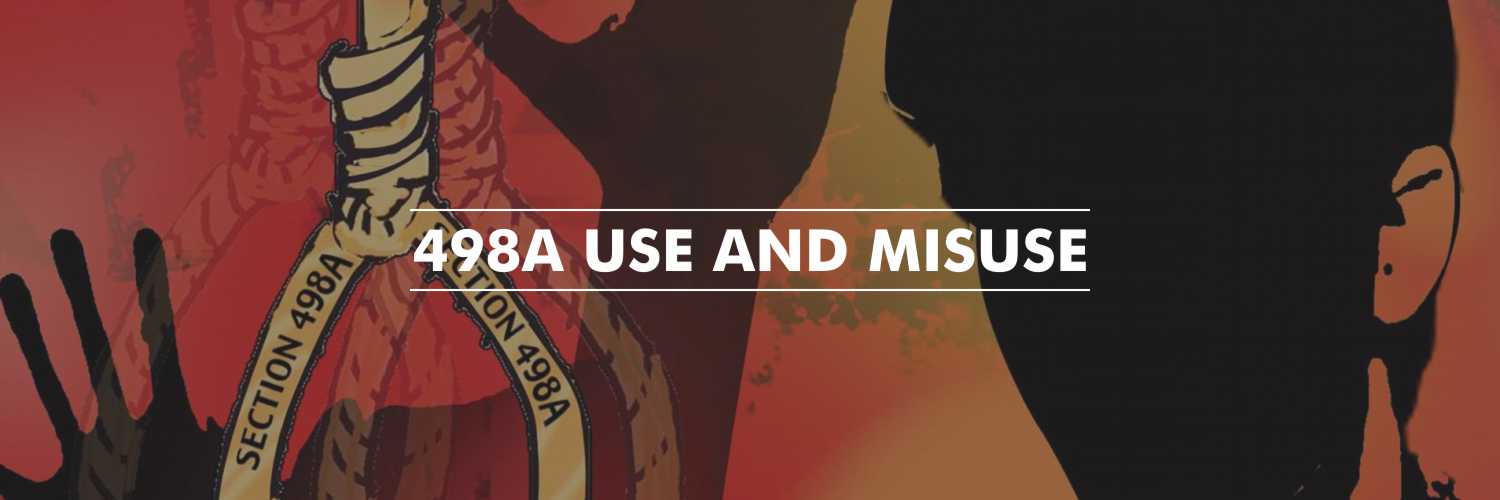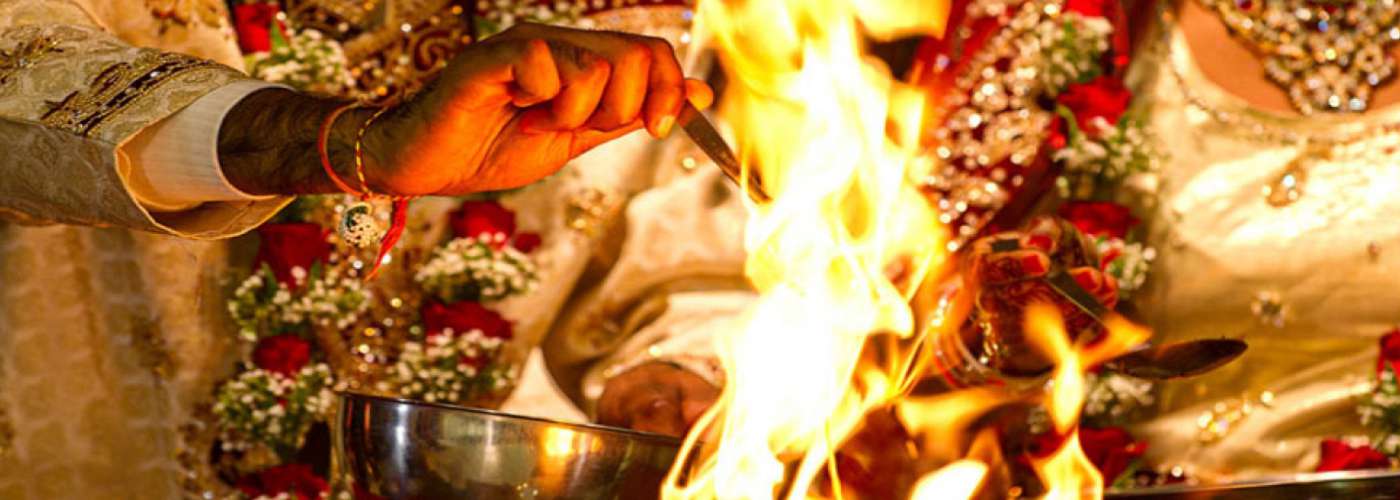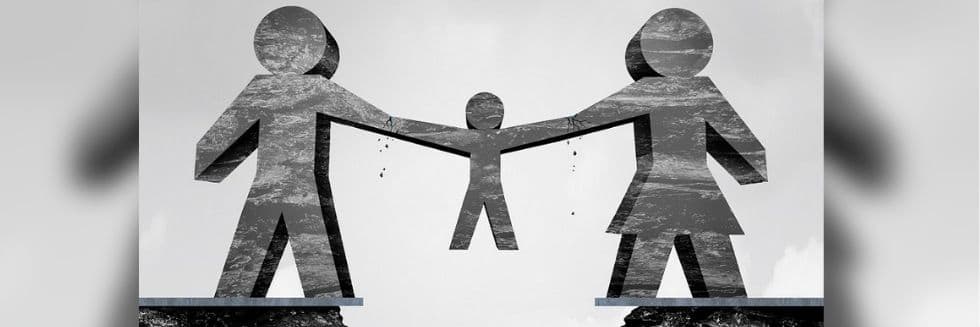Overview
In general, conjugal rights are the rights that are provided to married couples in relation to their sexual relations during the subsistence of the marriage.
Restitution of Conjugal rights is the right to stay together.
Section 9 of the Hindu Marriage Act, 1955 provides a remedy to an aggrieved person if the his\her spouse has left the person without giving any reasonable ground. The remedy is provided in the form of Restitution of Conjugal rights. The court cannot force the party who has withdrawn from the society from the other to stay with the aggrieved person who has instituted the petition for restitution. The order or the decree is executed by the court by attaching the property of judgment debtor.
Section 9- Restitution of conjugal rights. When either the husband or the wife has, without reasonable excuse, withdrawn from the society of the other, the aggrieved party may apply, by petition to the district court, for restitution of conjugal rights and the court, on being satisfied with the truth of the statements made in such petition and that there is no legal ground why the application should not be granted, may decree restitution of conjugal rights accordingly.
The burden to prove that there was a reasonable excuse for withdrawal from society always lies on the person who has withdrawn from society.
Procedure for filing petition
How The aggrieved person has to file a petition in a district court and when the court is satisfied with the truth of the statements made in the petition & is satisfied that there is no ground why the application should not be granted, the court may pass a decree in the favor of an aggrieved person.
Essentials conditions to be satisfied for obtaining relief
- One party must have withdrawn from the society of others.
- It is essential that withdrawal from society must be without any reasonable excuse.
- The last essential is that the aggrieved party must apply for the restitution of conjugal rights.
When the above-mentioned conditions are fulfilled, the judge may pass a decree of restitution of conjugal rights to bring cohabitation between the separated couple.
The main point under Sec 9 is that if the parties failed to follow the decree of cohabitation after passing of the decree for restitution of conjugal rights for continuously one year, then it becomes a ground for divorce under Section 13 of the Hindu Marriage Act, 1955.
The ground on which petition can be rejected by Court under Section 9 of the Hindu Marriage Act, 1955.
- The very first ground on which petition can be rejected is if the respondent has any valid reason to show that he can claim any matrimonial relief under Section 13.
- If the aggrieved person is found guilty of any matrimonial misconduct.
- If the petitioner is found guilty of such an act, or conduct on his part which makes it impossible for the respondent to reside with him. In a particular case, the husband constantly neglected the wife, this was considered by the Court as a reasonable ground for the wife for not joining the company of her spouse.
The burden of proof always on the person who has withdrawn from society.
The initial burden of proof is on the aggrieved/petitioner whose duty is to prove or show that the respondent has withdrawn him/her from society. Once the burden is discharged by the petitioner, the burden shifts to the respondent to show that there exists a reasonable excuse for such withdrawal.







